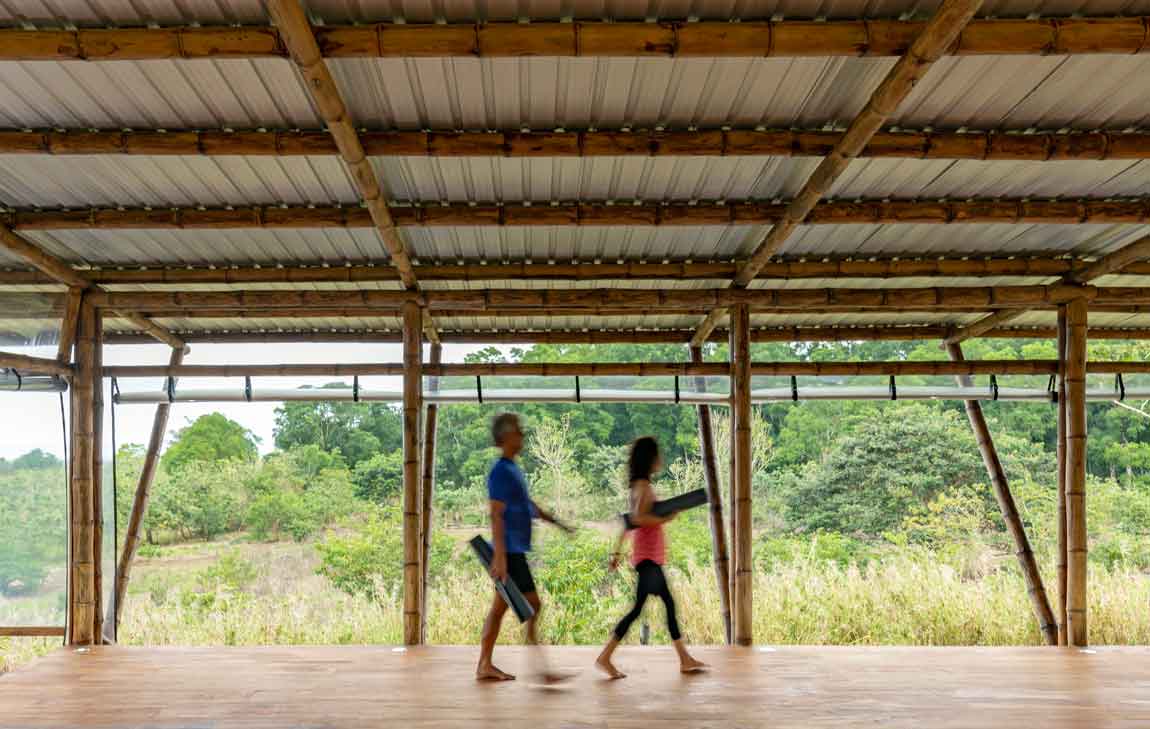Overtourism is definitely the buzzword of the day... and that's a damn good thing. The world's far reaches are becoming more accessible to the masses, and that's good too. So, we, as tour operators, should all be developing adventures that balance, offset or aid the endemic population (natural or human). And travelers need to be doing some legwork into the companies with whom they choose to travel. Impacts should be considered when building an itinerary or choosing which one to travel on. Overtourism should, very much, be on all of our minds. To do that, here's a bit about what overtourism means and a bit of background on where the industry stands.
Recently some of the most popular destinations in the world have become victims of their own success, turning jaw-dropping natural phenomenon into theme park lineups and the towering achievements of civilization into gloried selfie stops. Think 'overtourism on steroids'. The dangers and difficulties of summiting Everest have been well-publicized and recently got the, very deserved, John Oliver treatment. Major European cities like Venice, Amsterdam, and Barcelona struggle to accommodate the sheer number of visitors during peak season and Peru’s Machu Picchu, after escaping destruction by Spanish Conquistadores in the sixteenth century, now faces erosion by thousands of daily footsteps.
The good news is that many countries are trying to be proactive about the issue and have introduced measures designed to manage overtourism. Tourism boards, forward thinking travel companies and industry associations are all in discussion on best practices and ways to keep the world's natural and manmade icons accessible and safe. In an effort to preserve one of the most touristed archaeological sites of all time, Peru has eased congestion at Machu Picchu with hour-specific entry times and restricted walking routes. And while climbing the Inca Trail may be part of what you envisioned when visiting Machu Picchu, the train to the top absolutely eases pressure on the trail. Bhutan, of course, is well known for restricting the number of visas issued to tourists and putting spend requirements on travelers. And tourism-friendly Iceland has protected its local housing market by announcing a ninety-day maximum on home rentals via sites like Airbnb. Small steps can lead to big benefits and right now it's all about throwing some solutions on the board to see what sticks.
The clear catch here is that tourists to countries like Bhutan, Peru, and Iceland represent a significant source of income, and overtouristed sites are usually their marquee attraction. Even if they wanted to control the flow of visitors, the remoteness of some sites poses a significant challenge to regulation. What’s a visitor with environmental and cultural awareness to do when considering a trip to somewhere like this?
We believe the answer lies in staying off the beaten path, mostly, working with local partners that share overtourism concerns and working with locals to keep the money where it will have the most impact. Our Galapagos yoga retreat adventure is a strong example of this ethos. The island ecosystem is dealing with larger numbers of tourists than ever, and needs innovative ideas to protect its wildlife and keep its infrastructure from being overtaxed. Our amazing partners at MonteMar deliver exactly that in amazing ways — their water supply is purified rain water, solar panels and solar water heaters generate 99% of the energy used and their small coffee orchard is completely organic (and results in crazy good coffee). Much of the organic food prepared in the kitchen was grown on the property and both of our hosts (and owners of MonteMar) are certified Galapagos guides. They not only know of what they speak, but they fully embrace a sustainable model for themselves and their business. Reyna and Roberto are prime examples of putting in a little thought to be able to walk the walk.

Beyond the benefits of partnering with environmental trendsetters, our yogis get an experience that is direct and genuine. The dollars spent on this adventure go to support local Ecuadorians and alleviates the stress on natural resources by being naturally powered. Low-impact, responsible tourism in an overtourism location like Galapagos goes a long way to preservation, and our travelers are able to immerse in the islands and be part of the solution. And because the next generation of sustainable-minded thinkers are our collective future, The Travel Yogi sponsors a scholarship at the Tomás de Berlanga School on the islands. Funded by traveler dollars, our current recipient is benefiting from the school's experiential learning model and visiting the school is one of the highlights of our week's adventure.

For the record, we definitely don't want to discourage anybody from visiting somewhere they’ve always dreamed about. We run yoga retreat adventures to Peru, we visit Machu Picchu twice and we, of course, love our Galapagos yoga retreats. These are amazing places that you should keep on your 'must see' list. For us, and hopefully for more and more intrepid travelers in the future, it's simply about visiting responsibly, thoughtfully, purposefully. Taking the road less traveled and reaching the same beautiful destinations. Leaving no footprint other than that which can help those who live locally. Choosing carefully with whom and how to travel and you don't need to miss a single, beautiful, transformative experience.




